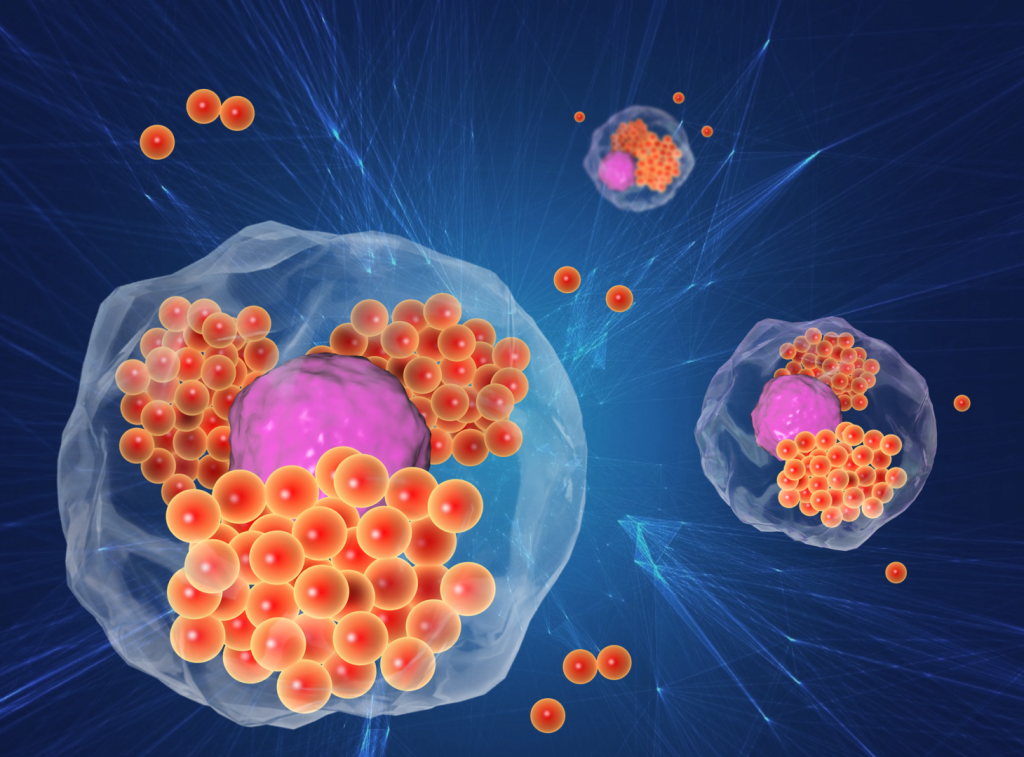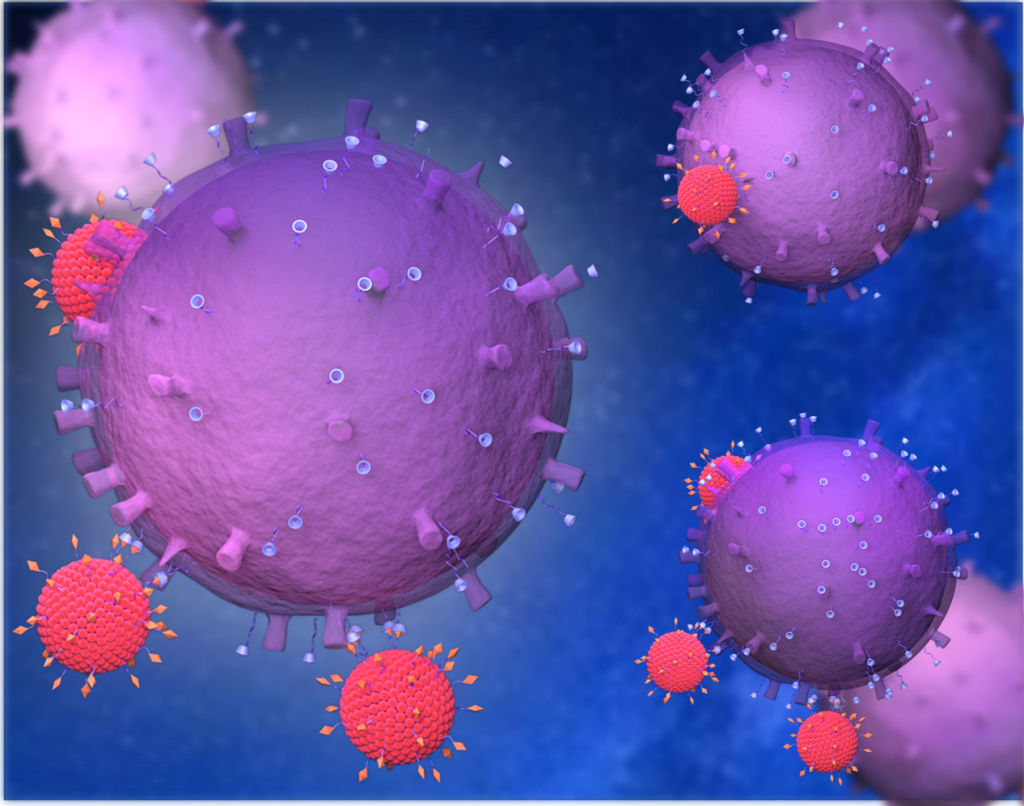“Supramolecular Cell” Based Drug Delivery System for Targeted Therapy of Inflammatory Disease and Cancer
Wang Rui Bing, Lee Ming Yuen, Gao Cheng
University of Macau
Traditional pharmaceutical formulations often suffer from rapid clearance by the reticuloendothelial system, poor penetration through physiological barriers, and low targeting efficiency to the disease tissue. Herein, this project leveraged the high biocompatibility and inflammatory homing characteristics of autologous macrophages to develop a live cell-based drug delivery system for improving the targeted enrichment of drugs in the inflammatory tissue. Accordingly, this project proposed the concept of "supramolecular cells" for the first time, that is, 1) intracellular supramolecular self-assembly and aggregation of nanomedicine can reduce exocytosis and efflux from carrying cells and thereby increasing targeted enrichment; or 2) cell-nanomedicine conjugates could be constructed via extracellular supramolecular interactions in a rapid and facile manner under mild conditions. The "supramolecular macrophages" constructed in both ways can be used as "endogenous" drug delivery systems to respond to inflammatory signals of inflammatory tissues, and achieve autonomously-guided targeted drug delivery. The construction method of this cell carrier is simple, mild and universal, and has been highly recognized by international experts. It is considered to be a new construction method of cytopharmaceuticals and has strong translational prospects. This research spans supramolecular chemistry, pharmacy and biomaterials science, promotes the interdisciplinary integration, and demonstrates that Macau has reached an international leading level in the development of advanced pharmaceutics.

Fig 1 Cell-based carrier with intracellularly self-assembled nanomedicine

Fig 2 Host-guest interaction mediated supramolecular cell-liposome conjugate


